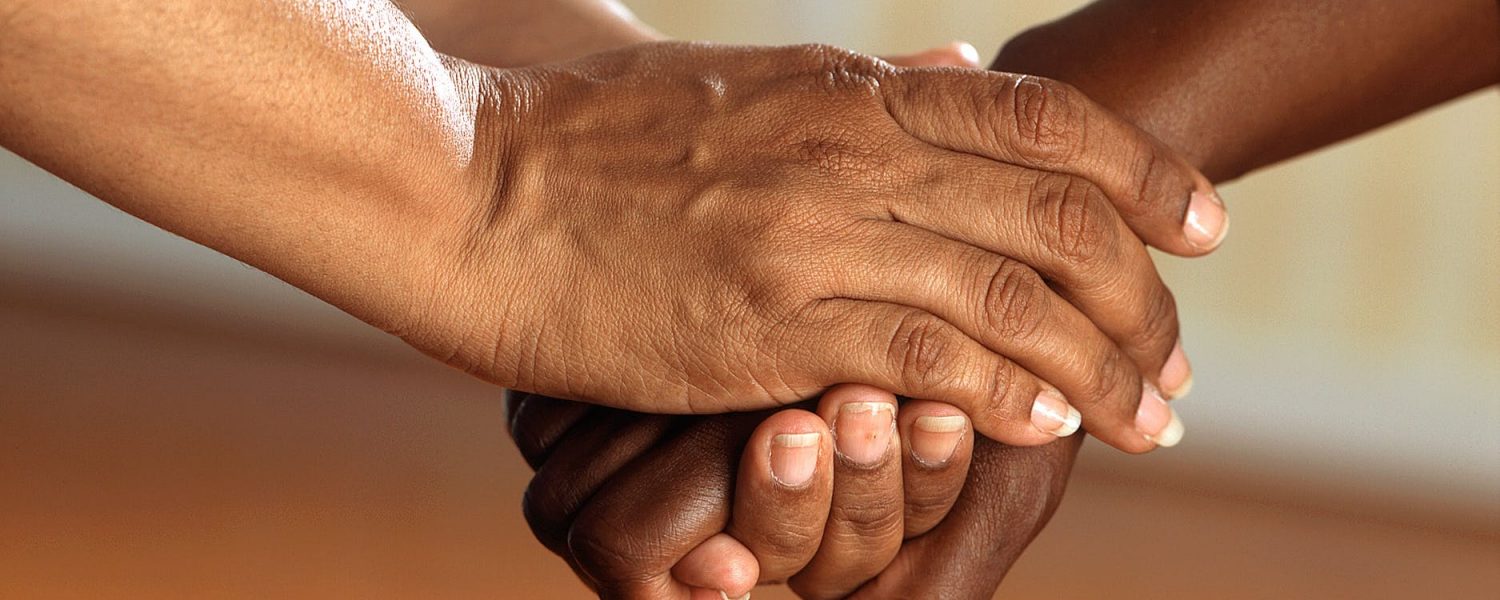How have clergy responded to St Luke’s work since the pandemic started?
We received some touching feedback on the ‘Virtual Clergy Wellbeing Programme’ of 16 weekly reflections that we sent to every diocese and ran on our blog.
Last year, 329 clergy and their family members were referred for consultations and treatment, physical or psychological – an increase of 25% on the previous year. Once Covid-19 struck, we weren’t sure what would happen this year. Of course there was a bit of a slump during lockdown, but since July we have seen a sharp increase in the number of people contacting us. It looks as though clergy and their families are turning to St Luke’s for help when their local NHS services have been reduced or slowed down by the impact of Covid.
Hazel is always happy to talk to anyone with concerns about their health, physical or mental, on 020 7898 1700, or by email on medical@stlukesforclergy.org.uk.
Are clergy asking St Luke’s for different support, at the moment? And clergy families?
About a quarter of all referrals are for psychological investigations or treatment. This is as true this year as previous years. Consultations have had to be offered by Zoom rather than face-to-face, but we understand that people find this perfectly acceptable. Families sometimes contact us if there are concerns that their child may be showing signs of being on the autistic spectrum and the wait for tests locally is very long. We try and help wherever we can with clergy families whose children are aged under 18. We realise that this area can be a huge worry for parents and we are keen to help clergy to be able to focus on their ministry as much as possible during difficult times.
How has St Luke’s been able to support dioceses in recent months?
We are working with dioceses in different ways. A number of dioceses have established reflective practice groups with the help of St Luke’s and those have all been continuing via Zoom. Unsurprisingly, we have heard that the participating clergy have been finding them very valuable at this challenging time. It is more difficult for groups that were just about to start (the participants and facilitator do not yet know each other) and we certainly know of one diocese that has had to put its new groups ‘on hold’ for the time being.
The resilience training workshops that are available to the dioceses have been adapted to be delivered online, making them available for groups of up to 50 clergy.
We were pleased to be able to help Guildford diocese with the launch of ‘The Guildford Covenant’ and delighted that they are proceeding with implementing the Covenant for Clergy Care and Wellbeing. It will undoubtedly bring clergy wellbeing to the fore across the Church.
Also on the theme of the Covenant, we are hosting a virtual symposium (a ‘Zymposium’!) this month, to bring together diocesan wellbeing leads to share ‘where they are’ with discussing and implementing the Covenant in their dioceses. It is an opportunity for them to share and explore their ideas and the inevitable problems and possible solutions. We are keen to support dioceses in sharing good practice and avoiding ‘reinventing the wheel’. Please look out for a Zymposium round-up on the blog, later this autumn.
Looking ahead, what are the main issues that St Luke’s is facing?
Our main concern is the inevitable fall in income to the charity in recent months. Like almost every charity, diocese and parish we have seen a sharp decline in income, yet the requests have not declined. We are working as hard as we can to attract funding from new donors and supporters and we are hugely grateful to everyone who supports us with donations or has left us a gift in their will.


